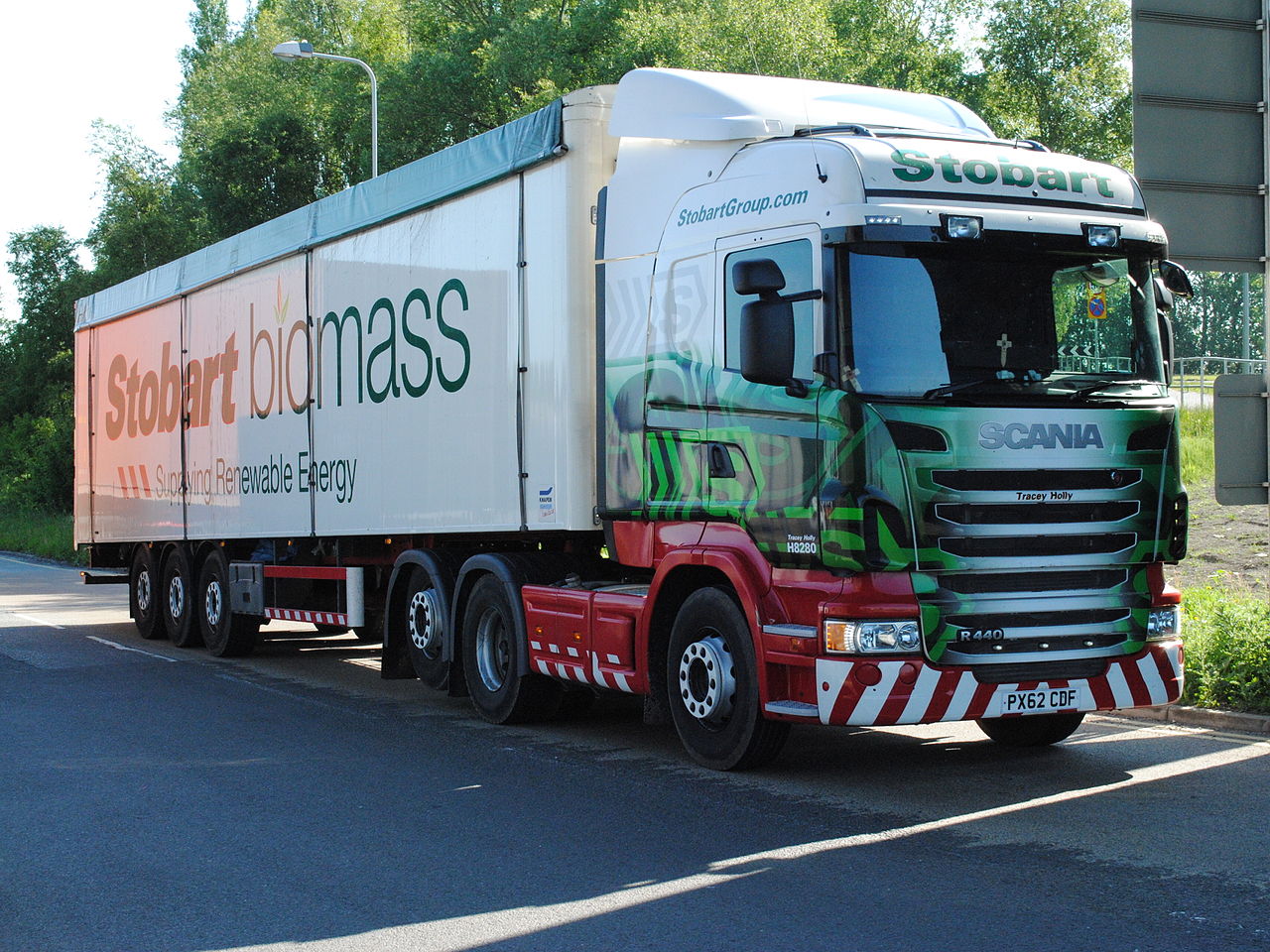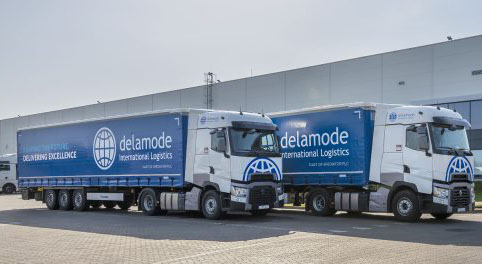Esken Ltd (LON:ESKN) Stobart Energy is the topic of conversation when Zeus Capital’s Research Analyst Robin Byde caught up with DirectorsTalk for an exclusive interview.
Q1: First off, can you just explain for us what Stobart Energy does?
A1: We published a note on Eskin’s wood biomass supply chain business earlier this week and just on the basics, the company has the ticket ESKN, and we have a valuation of 35p.
So, late last week we visited the company’s wood biomass storage and processing operations at the Tilbury Renewables Energy Power Plant. Esken, through its Stobart Energy unit, is the leading supplier of wood biomass in UK. So, this involves the sourcing, processing and transporting of biomass fuel to energy plants, such as Tilbury.
Now, there are 15 large wood biomass power plants across the UK, and Stobart Energy supplies all of these plants under long-term index linked contracts and the average maturity of these contracts is currently around 14 years.
So, that is one revenue stream, they get paid by the power plant, but also revenues generated by collecting a gate fee from logistics and waste management company delivering wood to its processing sites. Now, those logistics and waste management companies do that to avoid the more expensive landfill tax.
Just to finish this section, this business is profitable, recent earnings performance has been strong, there’s been a good bounce back post COVID and management has guided to EBITDA of between £18 and £20 million for this year, the year end is February, and that margin is around 20%.
Q2: Going back to your research note, why do you think this business has a strong investment case?
A2: So I’d make five points here.
Firstly, strong customer relationships. So, as I mentioned a bit earlier, Stobart Energy operates with long-term contracts that are index linked, these are fuel supply agreements with the power plants and the average life remaining in these contracts is about 14 years. Stobart Energy has six larger clients in England, Wales and Northern Ireland so those are strong long-term relationships.
The second point I’d make is they also have very good supplier relationships so they have a network of 350 odd gate fee customers and suppliers of feedstock so that’s covering unprocessed and process waste wood delivery and virgin wood chip and forest residuals. So they have a deep relationship there with the supply base so that’s the supply side and just a word on UK landfill tax so that’s currently just about £97 per tonne for standard. Stobart Energy charges gate fees that are competitive against landfill tax and the competition to ensure there’s always a good flow of waste wood for power generation.
I think the third point and, I guess more obviously, we think Stobart Energy has excellent ESG credentials so biomass, in all of its forms, for electricity generation is currently around 6% of the UK energy mix, it’s growing moderately and has strong policy support.
Number four, operational expertise, and barriers to entry so the European UK wood biomass supply chain is comparatively new and it’s also a highly complex. Stobart Energy in the UK is already the market leader so they have 35% market share in the UK and the ability to grow internationally
Just a word on the complexity so they’re managing a broad customer base and a broad supplier base, but also as you can imagine, the industry is heavily regulated for safety and the power plants themselves are funded and owned by multiple counterparties. So it’s quite a complex supply and demand map, if you like. In terms of installed network assets, which we think creates quite a big barrier to entry, Stobart Energy operates a fleet of 145 trucks across 14 depots and with six major UK wood processing facilities so that’s a network that’s very hard to replicate.
I think the final point, which I’ve alluded to, the business profitable, it’s generating 20% EBITDA margins, profits will be very strong this year and alongside that, it’s a well invested business. So, CapEx requirements are likely to be comparatively minor, things like plant maintenance and rolling fleet replacement. Finally, I guess on this point, this is a very experienced team and as I say, this is quite a young industry and this team has all the experience of building out and maturing this supply chain business.
Q3: Just looking forward then, how can they grow this business over the next five years or so?
A3: I think the business is now positioned for growth, as I say, it’s maturing and the earnings have proven to be resilient.
They can grow in a number of ways; they can supply existing UK power plant customers with more wood biomass so as power plant operations are becoming more efficient, they can operate for longer hours and they will require more biomass to do that.
I think the second almost untapped market is smaller UK power plants, but also, they can look at other forms of waste so particularly domestic refuse, so-called RDF, and that’s an interesting sub market that that’s developing.
I think another way they can grow the businesses through international expansion so across the EU, this is not a very well developed market and I think the UK is a bit of a leader here so there will be opportunities in the future there.
Then I think M&A, both horizontally and vertically as well.
So, I think they have good outlets for growth over the next three to five years.
Esken Ltd has a clear strategy to develop valuable growth assets from aviation and energy from waste.










































